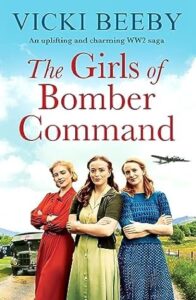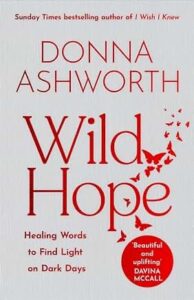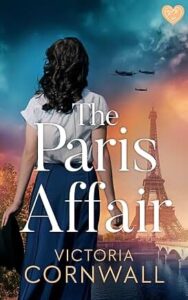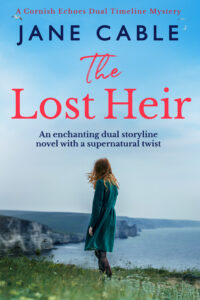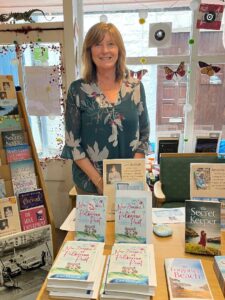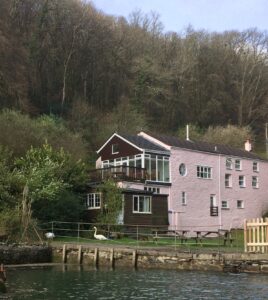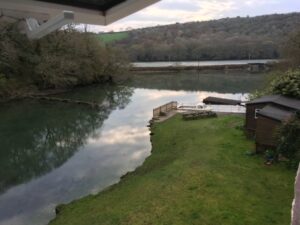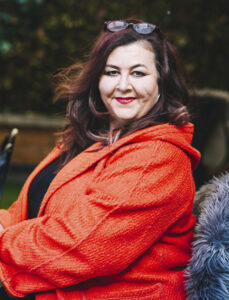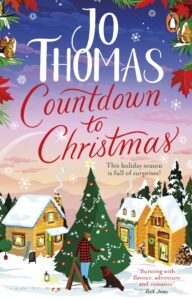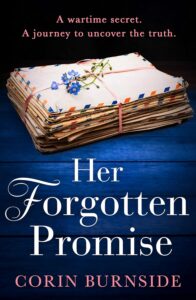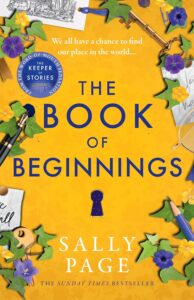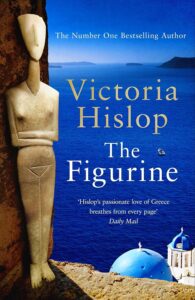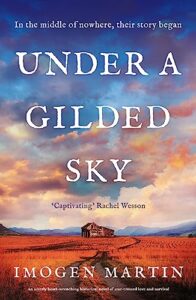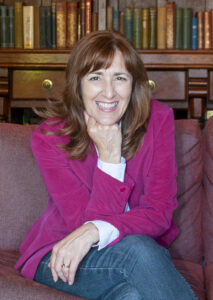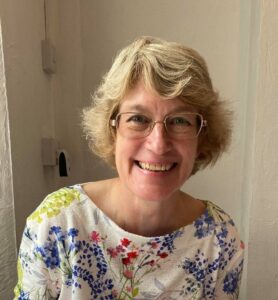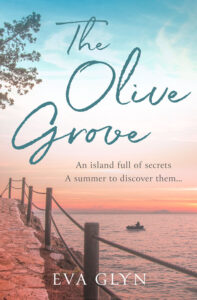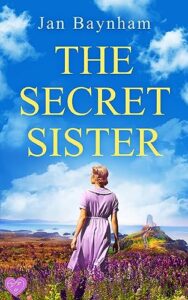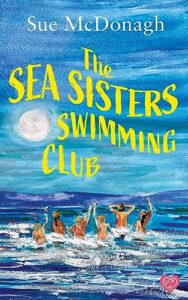Pitching to Penguin after being signed to small publishers and being self-published.
Beginnings: I had not planned to be an author. I grew up believing that books were written by others, not me, for us to enjoy. Three or four events in my life, like special occasions, led me to “think” I was a writer. I was raised in a rich environment of stories, via my mum, my aunts, my grandparents, my dad, my teachers. I enjoyed hearing them so much that I also began telling them. I had a little burst of success as a 16-year-old in a national short story writing competition with the New Straits Times. I felt that indescribable buzz when I saw my byline among 30 highly-commended entries.
The hotel rooms: As a university student and an adult, I wrote nothing. I only started when I started travelling for work in hospitality and resort design. I was in hotel rooms and airports a lot. I learned that I really valued and enjoyed observation and being alone, which of course, are the prerequisites of the writing life. I was surprised to be flooded with ideas which had nothing to do with work. I began writing again because as you know, you don’t need any fancy tools or equipment. In those days, I printed and posted my stories from airports, or the nearest post office to the hotel. This period led me to believe I had again some chance of success because I was getting accepted by the Sunday magazines. One story was bought and broadcast by the BBC World Service. I had meetings with agents in Soho back in London, which led to nothing but an inkling that my writing was getting attention, any attention. I took writing more seriously when I invested in an MA in Writing at Middlesex University. As you know it’s not free, so I was taking a big chance but I was working and it paid for the fees. I was astonished to discover that I won the Middlesex University Literary Prize in an international competition, a cash award large enough to cover a third of my fees. The judge was Penelope FitzGerald and about my story, she said she had never read anything like it in her life.
The agent: I was snapped up by an agent immediately following the prize, a decision that was poor. I had no other offers. After 5 years, she did not get me a deal despite my writing not one but two novels for her to market. I did not write a word for 10 years. My writing stayed on my hard drive. It was deliberate. I had two children whom I wanted to give 120% of my attention. After 10 years and they were in primary school, I started submitting the novel again, and following 87 rejections I won a prize in Hong Kong, also a large cash prize. This novel, my debut, Cry of the Flying Rhino, was the turning point for me, because I now was an author. My entire family flew out to Hong Kong for the award ceremony and the publication. It was a small publisher, like my second novel’s, Heart of Glass.
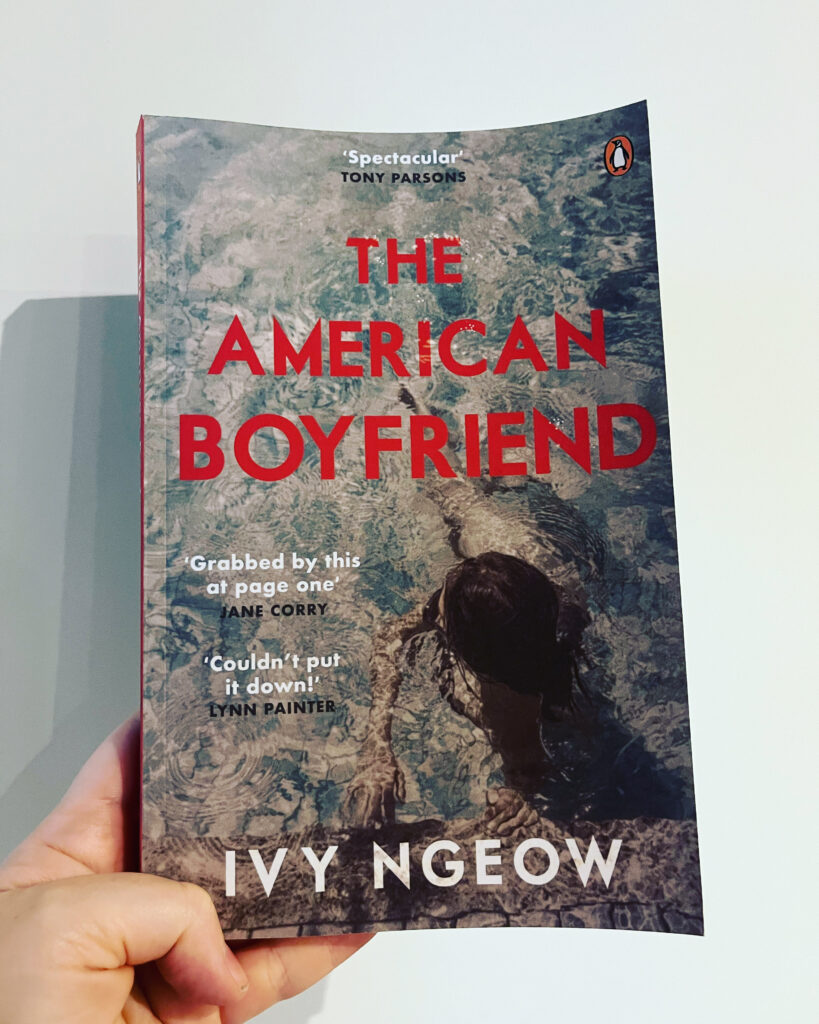
The pandemic: Following the two novels with small publishers which were given zero marketing and publicity and unsurprisingly, hardly earned any royalties, I started to wonder if indeed they had even been published. I wrote another, Overboard. I got 50 rejections and I decided to start an imprint to publish it as I consider it to be my best book yet. I think my limit for rejections is now 30. I do think there is a limit otherwise you will be querying until you die. I don’t think I have the time or the patience to withstand 87 rejections like I did with the first, and 55 with the second. There’s no point and nobody cares. It’s an art form. It’s not a pizza which is edible and sort of OK even when bad. During the 2-3 years of the pandemic. I ate, sleep, wrote, published. Repeat. It was like a bumper sticker.
Keep going: I did online courses on self-publishing, keywords, genres and copywriting to study the market. I cannot stress how important it is for a writer. Without knowing the market and the audience, you can’t pitch. I learned to write through editing other people’s work and through reading hundreds of books in the genres I was interested in. The MA will not teach you these skills. My objective had always been to write the best book that could write. This kept me going in the lockdown years. I published a couple more, short stories, and another novel, White Crane Strikes.
Perfect pitch: A famous author, unfortunately I forget who, said that if you cannot tell your story in 17 words, you don’t know your story. That intro letter, one-page synopsis and first paragraph in your manuscript is everything. I wrote The American Boyfriendin November 2021 which I decided I would query until that magic self-imposed 30 rejections before I would publish it myself. I would trade the complete control and higher royalties in self-publishing for a traditional deal because of the connections. By the time I started querying again post-pandemic, I had already distilled my book to the most grabby Netflix 40-word synopsis. I saw a window of open submissions from Penguin Random House Southeast Asia. I was just about to release my book, because I got to 27 rejections. 9 months after querying, in August 2022, I got the best email ever. It was from Penguin and consisted of 5 words: has this manuscript been acquired?
Worldwide connections: The worldwide connections have been the most astounding and rewarding part of the publishing experience. Having a publicist was already mind-blowing as I had never had one before with self-publishing (that would be me) or with the small publishers I had been with (that would be no one).
The Penguin publicity, marketing and sales team have opened doors from day one: no. 1 Sunday Times authors providing the cover endorsement quotes, media and press outreach including World Literature Today, Nerd Daily, Culturess, Book Riot, The Telegraph and Elle, being no. 4 on the Straits Times bestseller list in its opening week, being on sale at WHSmith at the airport departure lounge, book launch at West End London bookshop and in the USA, in Barnes and Noble physical bookstores throughout USA and at the airports such as in Key West, Miami International and JFK. I have also been invited to the Jaipur Literary Festival (“the greatest literary show on earth”) in February 2024. I have also seen an uptick in the sales of my other books. These opportunities to build audience trust and author visibility would not have been possible without the Penguin label. This experience has changed the way I see publishing as I come from a “nothing happens” school of thought from my previous publications. I am proud that my book now belongs with the orange-spined classics I grew up reading. I am inspired to keep writing. Stories keep us alive. Stories are more than ever what we need in these times.
My parting words and 5 rules of writing: Persevere. Learn to write. Write the best book that you can write. Believe that top quality writing always stands out. Above all, read.

